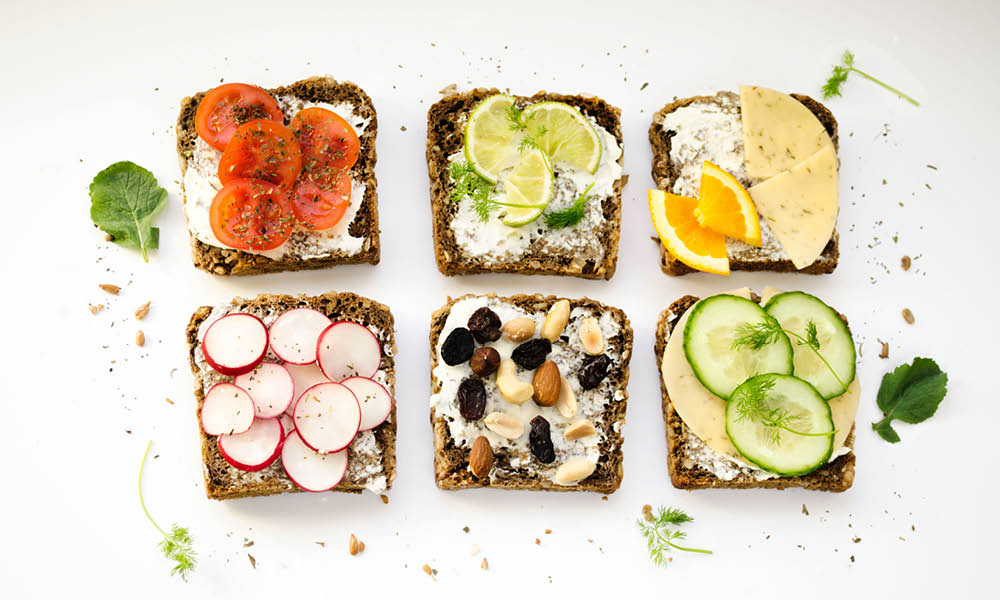They’re everywhere: low carb and no-carb diets for weight loss. In some cases, as a dietician, I’ll even be the one to recommend reducing carb intake to create a deficit. However, like with any diet or trend, we need to know the risks and how to meticulously manage them.
One of the prominent risks of a low/no-carb diet, especially when actioned without the supervision of a professional, is impaired memory and cognitive function. Here’s what the science says…
A 2009 study published in the United States, assessed the cognitive function of 19 women after following a low carb or low-calorie diet. The results demonstrated interesting differences between the 2 groups:
- There was a gradual decrease on memory tasks among the low carb diet group compared to the low calorie group.
- The low carb dieters’ reaction time was slower and spatial memory scored poorly compared to the low calorie group.
- Interestingly, low carb dieters had better results in attention-vigilance tasks which is consistent with previous similar studies.
All about glucose
Glucose is the only fuel our brains can use relying on a continuous supply from the bloodstream as the brain cannot store it. Glucose can be synthesized by the breakdown of proteins, however, this process is less efficient than breaking down carbohydrates.
So, if we want our brains to function at their most efficient, make sure you are including some form of carbohydrates across the day.
Carbs and the gut-brain axis
Gut health matters for brain function. The vagus nerve connects your gut with your brain. Your brain can send messages to your gut (think butterflies when you are nervous), and your gut can send messages to your brain. Your gut is populated with colonies of bacteria, and these bacteria synthesise chemicals that communicate with our brains to alter our moods (among other things).
Many of the foods that contain carbohydrates, also contain pre-biotics (foods for your gut bugs) and therefore, support optimal gut health and by extension improved mood.
The SMILE Trial was a large randomised controlled trial (super high quality) that assessed whether diet had any effect on the mood of people experiencing depressive symptoms. The results were published in 2015, and we have some great evidence to suggest that a diet that contains 50g of fibre can have a significant positive impact on depression.
Fibre for function
Fibre is often found in association with carb-heavy foods, for example, whole grains, vegetables, fruit and legumes. If we begin to restrict carbohydrates, I would argue it is impossible to meet your fibre requirements.
The bottom line
For optimal brain function, you want to get your carbohydrates from foods that are also high in fibre and nutrients.
For example:
- Wholegrain bread (vs white)
- Sweet potato
- Fruit
- Lentils
- Pasta
Carbohydrates from these foods are released slowly into your blood stream where they can provide your brain and muscles with a steady stream of energy.
If your diet is comprised of predominantly processed foods, the carbohydrates are released quickly into your bloodstream. This can result in those awful energy fluctuations across the day–not at all helpful for brain function and energy at work.
In summary, carbs are important for brain function, however, aim to include small amounts of minimally processed foods across the day.
“Low-carbohydrate weight-loss diets. Effects on cognition and mood.”
Kristen E. D’Anci, Kara L. Watts, Robin B. Kanarek, Holly A. Taylor.
Appetite, Volume 52, Issue 1, February 2009, Pages 96-103
Hannah Wilson is an Accredited Practising Dietitian and Nutritionist directing her own private practice, All Bodies Services in East Brisbane and online. She is passionate about working with her clients to assist them in understanding the relationship between our feelings, thoughts and behaviours around food. To book in a consultation, contact Hannah@allbodiesservices.com.au.











Share this article